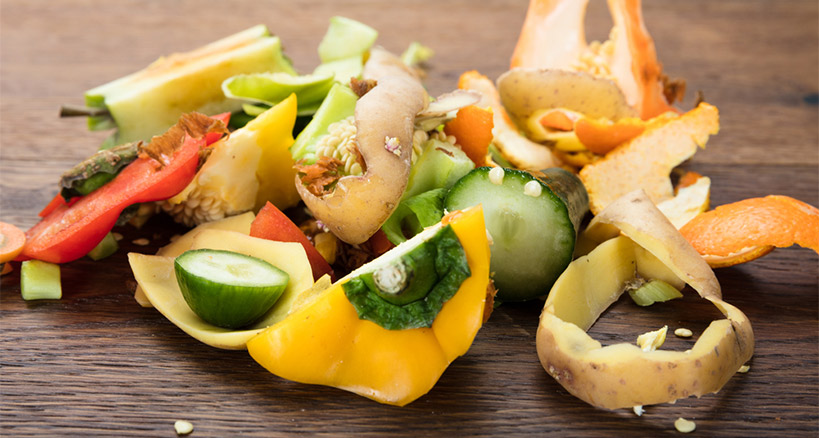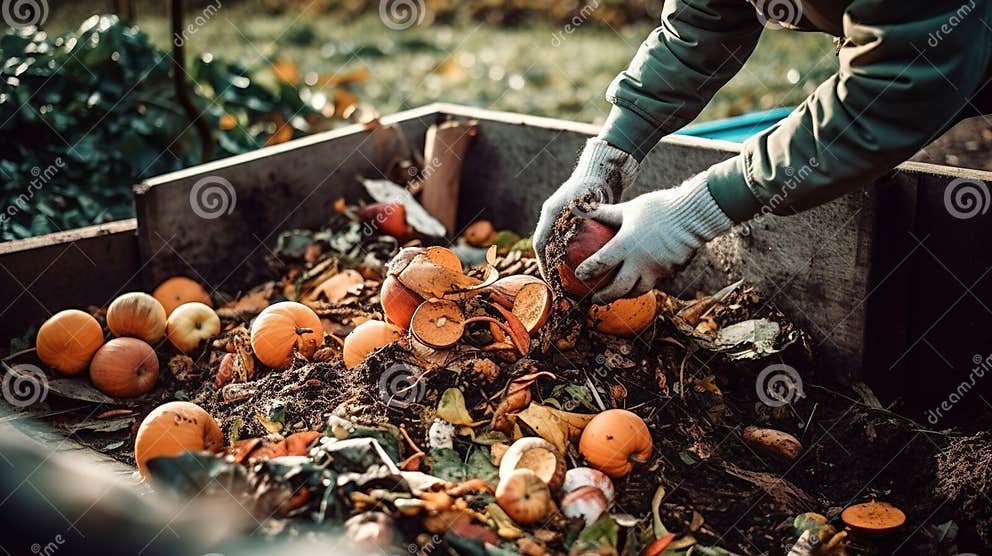Composting: A Complete Beginner’s Guide
Reduce Food Waste and Help the Environment

Do you want to make a positive impact on the environment and reduce food waste? Composting is the answer! It’s a simple and effective way to recycle organic waste and transform it into nutrient-rich soil for your garden.
Composting not only helps to divert waste from landfills but also provides numerous benefits for your garden. The soil produced from composting is rich in nutrients, improves soil structure, and enhances water retention. Plus, it helps to reduce the need for chemical fertilizers.
If you’re new to composting, don’t worry! This complete beginner’s guide will walk you through the process and help you get started on your composting journey.
Getting Started with Composting
First, you’ll need a composting bin or a designated area in your backyard to start your compost pile. Ideally, your compost bin should be located in a shaded area, as excessive heat can dry out the compost.
Next, collect your organic waste, including fruits and vegetable scraps, coffee grounds, tea leaves, eggshells, and yard waste such as grass clippings and leaves. Avoid adding meat, dairy products, or oily foods to your compost pile, as they can attract pests.

Commercial Kitchens: Make a Difference
Did you know that reducing food waste in a commercial kitchen is an attainable goal? By implementing simple practices, such as proper inventory management and portion control, restaurants and food establishments can significantly reduce the amount of food that goes to waste.
Food waste is a major issue in the food service industry, with billions of pounds of food being wasted each year. The good news is that small changes can make a big difference. By reducing food waste, businesses can not only save money but also contribute to a more sustainable future.
One effective strategy is to implement a food donation program, where surplus food can be donated to local food banks or shelters instead of being thrown away. This not only helps those in need but also prevents perfectly good food from going to waste.
Green Home Composting: Enriching Soil with Organic Waste
Imagine having a lush green garden filled with healthy plants and vibrant flowers. Green home composting can help you achieve that by enriching your soil with organic waste.
When you compost at home, you’re actively participating in the recycling process and taking steps towards a more sustainable lifestyle. By diverting organic waste from landfills, you’re reducing greenhouse gas emissions and minimizing the strain on our environment.

How to Start Green Home Composting
Starting a green home composting system is easier than you might think. Begin by designating an area in your backyard for your compost pile. Consider using a compost bin or constructing a compost heap using wire mesh or wooden pallets.
Collect all your kitchen scraps, such as fruit and vegetable peels, coffee grounds, and eggshells. These organic materials will break down over time and turn into nutrient-rich compost.
It’s important to create a balance in your compost pile. Include a mix of “green” materials, such as fresh grass clippings or kitchen scraps, and “brown” materials, such as dried leaves or shredded newspaper. This balance ensures proper decomposition and prevents odors.
Remember to regularly turn and aerate your compost pile to speed up the decomposition process. This can be done using a garden fork or a compost turner. The more you turn your compost, the faster it will break down into usable soil.
Once your compost is ready, use it to enrich the soil in your garden beds or potted plants. Spread a layer of compost on top of your soil and gently mix it in. Your plants will thank you for the extra nutrients!
Conclusion
Composting is a sustainable practice that benefits both the environment and your garden. By diverting organic waste from landfills, you’re reducing greenhouse gas emissions and enriching your soil with nutrient-rich compost.
Whether you’re a beginner or an experienced gardener, composting is an attainable goal. Start small and gradually incorporate composting into your daily routine. Once you experience the benefits, you’ll never look back.
Join the movement towards a greener future by composting your food waste and reducing waste in commercial kitchens. Together, we can make a significant impact on our environment and create a more sustainable world for future generations.

Hello, I’m Pia Rose, the creative mind behind the kitchen design inspiration you find here at Slowwaveshop blog. As a dedicated design enthusiast and lover of all things home decor, I am passionate about helping you turn your kitchen into a space that not only functions seamlessly but also reflects your unique style.


